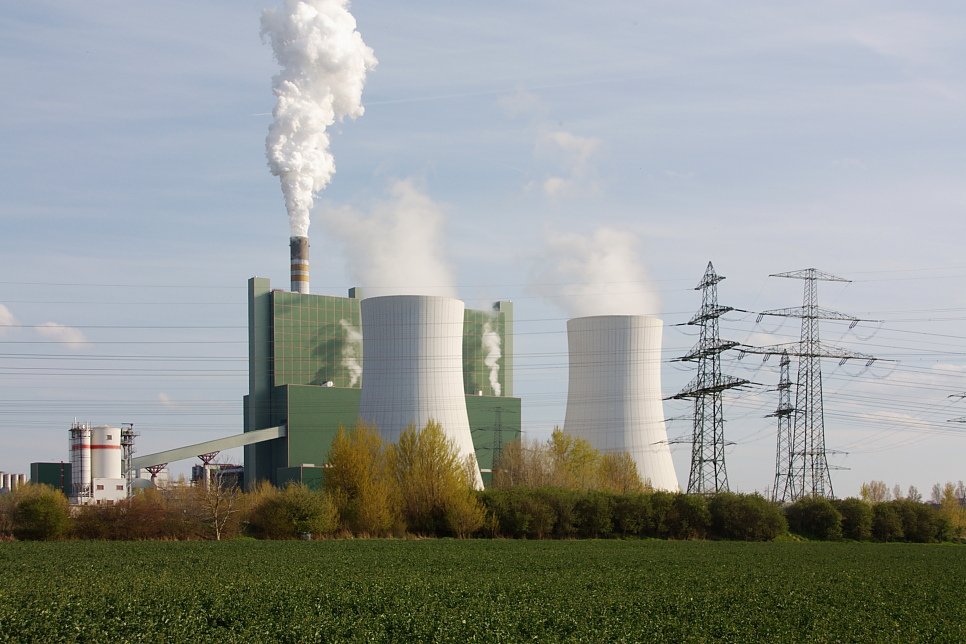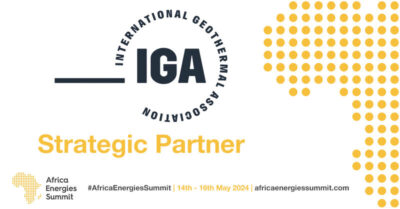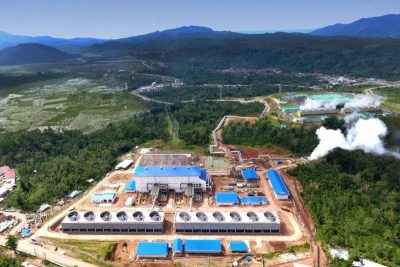Ahead of COP21: Four reasons why future will be fuelled by renewables
In a recent guest post in the Huffington Post, Adnan Z. Amin, IRENA's Director General describes four key reasons why the future belongs to renewable energy, no matter the outcome of the COP21 meetings in Paris.
In a recent article in the Huffington Post, Adnan Z. Amin, IRENA’s Director General paints a rather positive picture on the outlook for renewables.
Following preparation meetings by 60 ministers in Paris in early November, there are still concerns about what will be appearing in the final agreement of the event, but – “it is already clear that a low carbon future will be fuelled by renewable energy.” He gives four main reasons.
1. It is the only way
Referring to this year becoming the hottest year in historical records, there is a certain momentum. With two-thirds of all emissions coming from the energy sector, the deployment of renewable energy technology and energy efficiency measures is the only way to close the gap between government commitments and what needs to be done.
2. It is the least-cost option
With technological development over the past years, renewable energy technology has become cost competitive, “even in absence of financial support and despite falling oil prices”. He also mentions the cost of carbon emissions, which so far is not calculated into any real cost models, but despite this renewables are already today mostly cheaper than fossil fuel options.
3. It meets other goals along the way
With currently one billion people without electricity, renewable energy is today the “fastest and safest way to provide modern energy services” to this group. So access to electricity is one way, but renewable energy development also creates jobs, reduces air pollution and fosters GDP growth.
4. The transformation is already underway
Since 2011, so the author, “renewable power capacity has accounted for more than half of capacity additions in the global power sector.” He also mentions the RE 100 initiative, which has already be joined by a large number of big corporations which have committed to go 100% renewable.
So he argues, that there is no question about the “IF”, but rather how quickly the transformation to renewable energy power generation will happen, and “no matter what comes out of Paris”, “the future belongs to renewable energy.”
For the full article see link below.
Source: Huffington Post


















